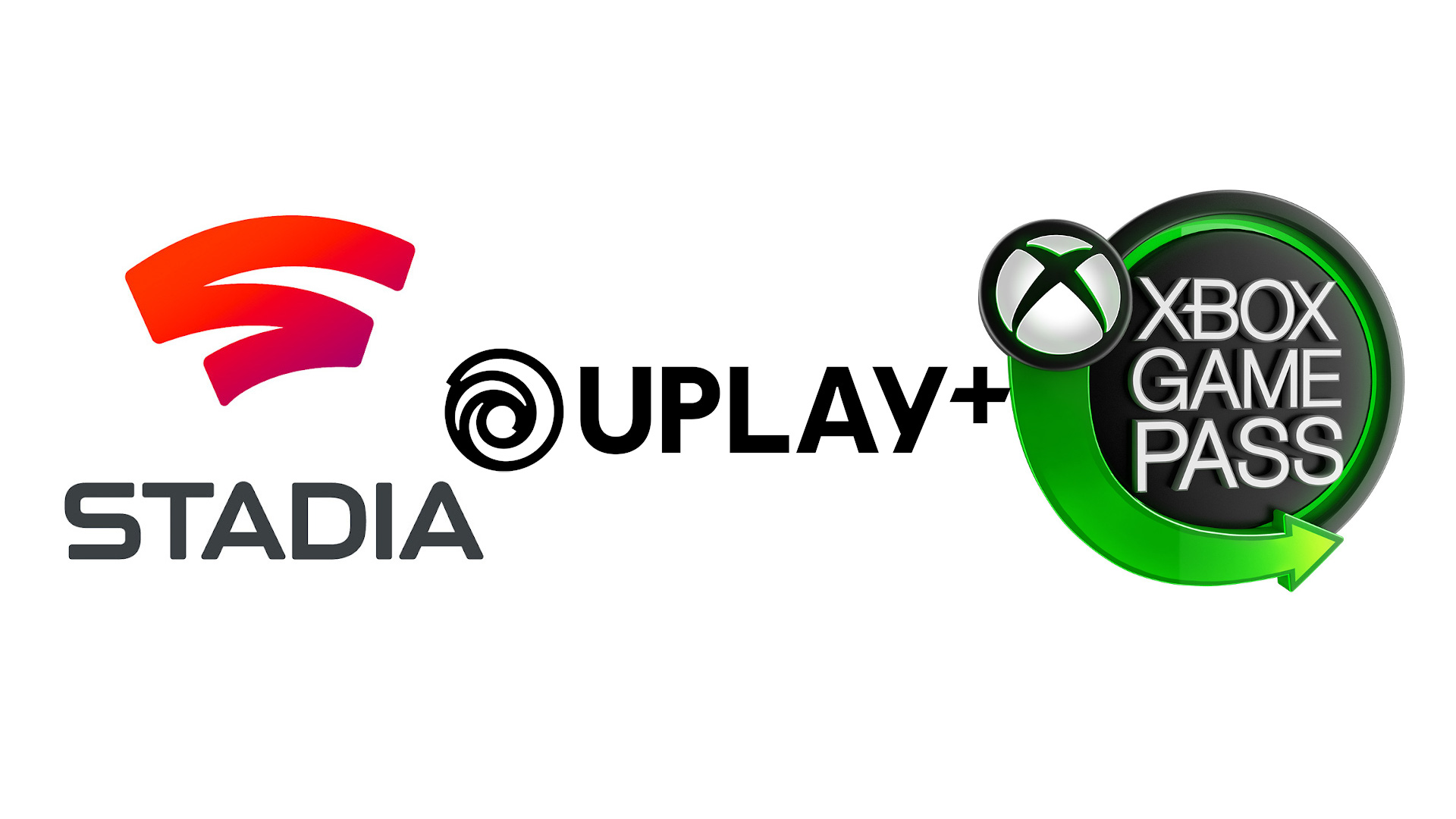 Subscription services for games are becoming immensely popular. While services like Gamefly have been around for quite a while, the growth of digital-only services has been a more recent endeavor – and one that has caught on across multiple game publishing companies.
Subscription services for games are becoming immensely popular. While services like Gamefly have been around for quite a while, the growth of digital-only services has been a more recent endeavor – and one that has caught on across multiple game publishing companies.
For your average gamer, they offer access to dozens and sometimes hundreds of games as soon as they start the subscription. The idea of being able to access all of this for a small monthly fee rather than tracking down and purchasing individual games is appealing. On top of this, though, you also get a chance to try games you may not have had the desire to purchase. For someone getting a new console or, more recently, getting into PC gaming, these are incredible offers.
Sony has offered games with its online access service, PlayStation Plus, for many years now. This has allowed many long-time subscribers to amass quite a selection. In 2014, they launched PlayStation Now, which is a cloud-based subscription service that provides access to a wide variety of games across all of Sony’s console generations. However, rather than directly playing these games, they are streamed to the console similar to the way Google’s Stadia system will work. This process does simplify the hardware burden and, in the case of Sony, the need for emulation, but is susceptible to network issues and input lag.
EA has had EA Access and now Origin Access (and it’s big brother Origin Access Premier) for PC that gives players access to numerous EA-published games. One of the most appealing parts of this service is you get a chance to play new releases from the publisher for up to ten hours. The Premier version lets you play them for as long as you continue the subscription. Both also net you a discount for purchasing games through the platform. For fans of EA games, especially with the company’s penchant for releasing yearly iterations of sports games, this can quickly pay for itself.
Microsoft has recently expanded their already substantial subscription service, Game Pass, to PC. Rather than the service only providing access to a handful of “Play Anywhere” titles, it now has a wide variety of games including some that aren’t even on Xbox like Into the Breach. Unlike most other subscription services, Game Pass allows players to play games that Microsoft purchased rights to rather than games the company itself had published. This means they could have a much broader potential pool of games to add to the service. Buying an Xbox without a single game and instead subscribing to Game Pass can give you a virtual library that would have seemed practically impossible before the system existed.
Nintendo has even stepped up to the plate (ever so slightly) with their online service slowly adding original NES games on the Nintendo Switch. While their online service has had quite a few issues, to say the least, the low overall price and increasing selection of fully playable games could still make it more appealing to some. Given this is the only recourse for playing the online multiplayer for so many great Switch games, for many people, this is just a small bonus rather than a reason to subscribe. However, Tetris 99 may be just enough to sway some opinions…
With all of these services, along with a future no doubt filled with more options coming from places like Google and Ubisoft, it’s easy to see how gaming is being shaped by subscription services. These companies seem to be rooting for a future where game ownership is a relic of the past. Yet, the attractive nature of being able to play hundreds of games or brand new releases for a few bucks a month may be hiding some significant issues.
The first is, of course, is “what happens if it shuts down?” A question posed for nearly every service where we digitally purchase things like games, movies, and music. While many of these services work more as an intermediary between you and the owner of the digital content – facilitating the purchase and digital rights management of a license to play/watch/listen to it – subscription services work a bit differently. You’re only paying for the right to access the content rather than a license. In the former, it may be relatively easy for the owner to give you access to that content through the license in the case that the intermediary service fails, but in a subscription system, it’s gone. If Microsoft shuts down Game Pass tomorrow, you no longer have a right to access those games even if the software has been downloaded on your hard drive.
The second issue is that this is going to further open the door for developers and publishers to push Games as a Service. The incentive to add a game to a subscription service that has the player playing the game in perpetuity and potentially buying microtransactions for in-game items is great for their monetization process. Being able to replace underperforming games as services with ones more likely to keep people in that gameplay loop is a method that will only grow in time.
There’s no stopping this subscription train now. The success in getting players in games has already proven itself over and over again. While it has clear benefits, the problems aren’t easy to ignore. How many subscriptions do you have at the moment? Do any of current or future options interest you? How many are too many?


